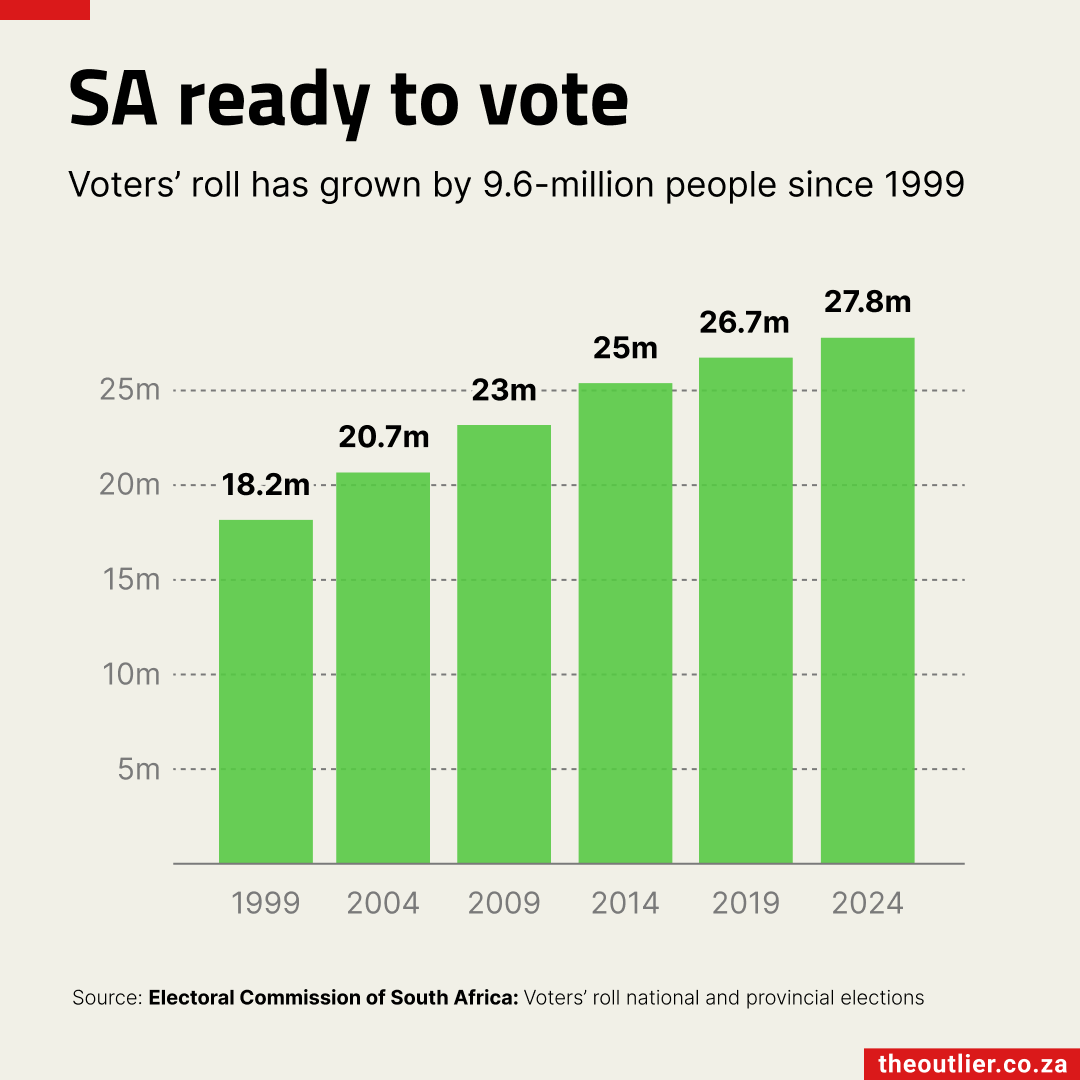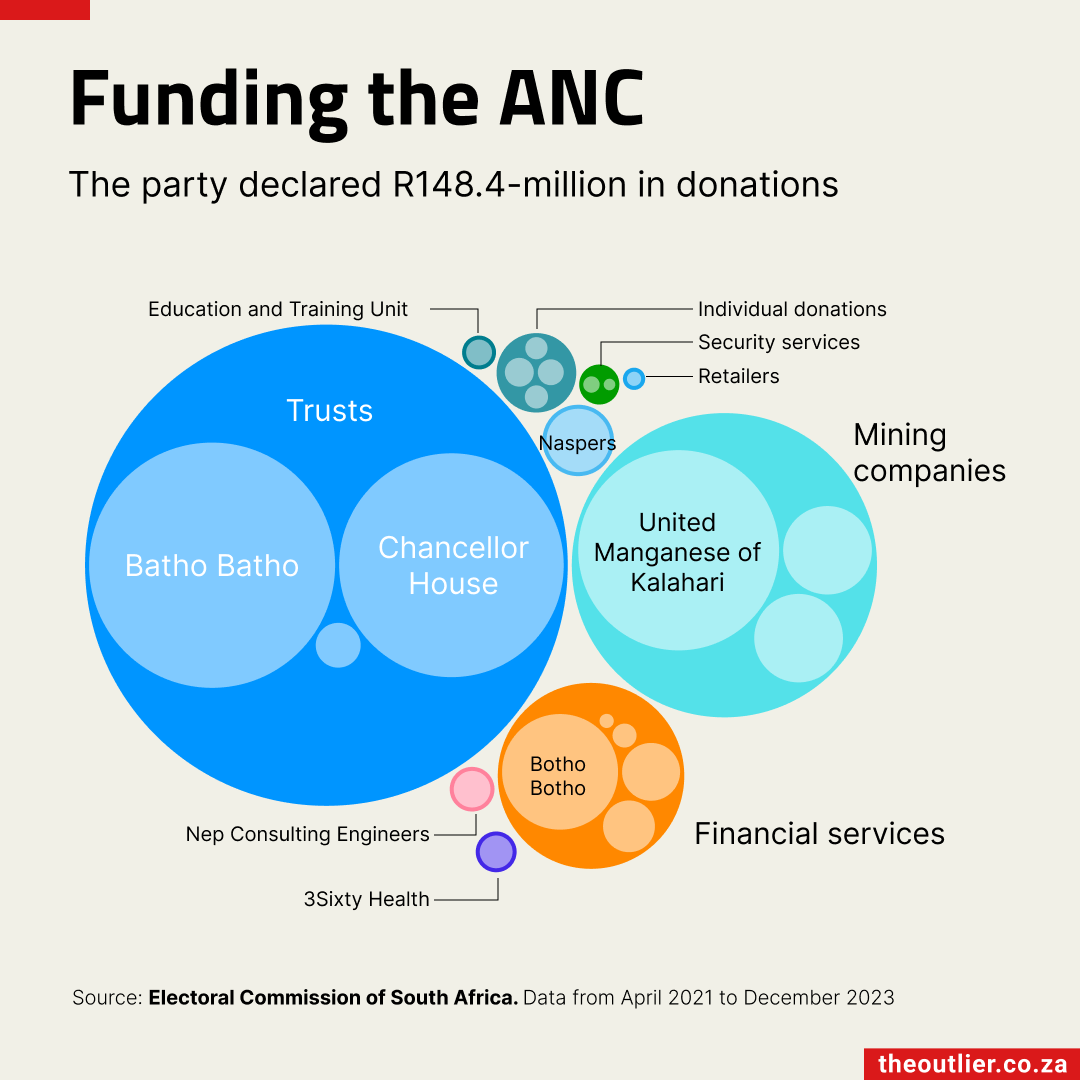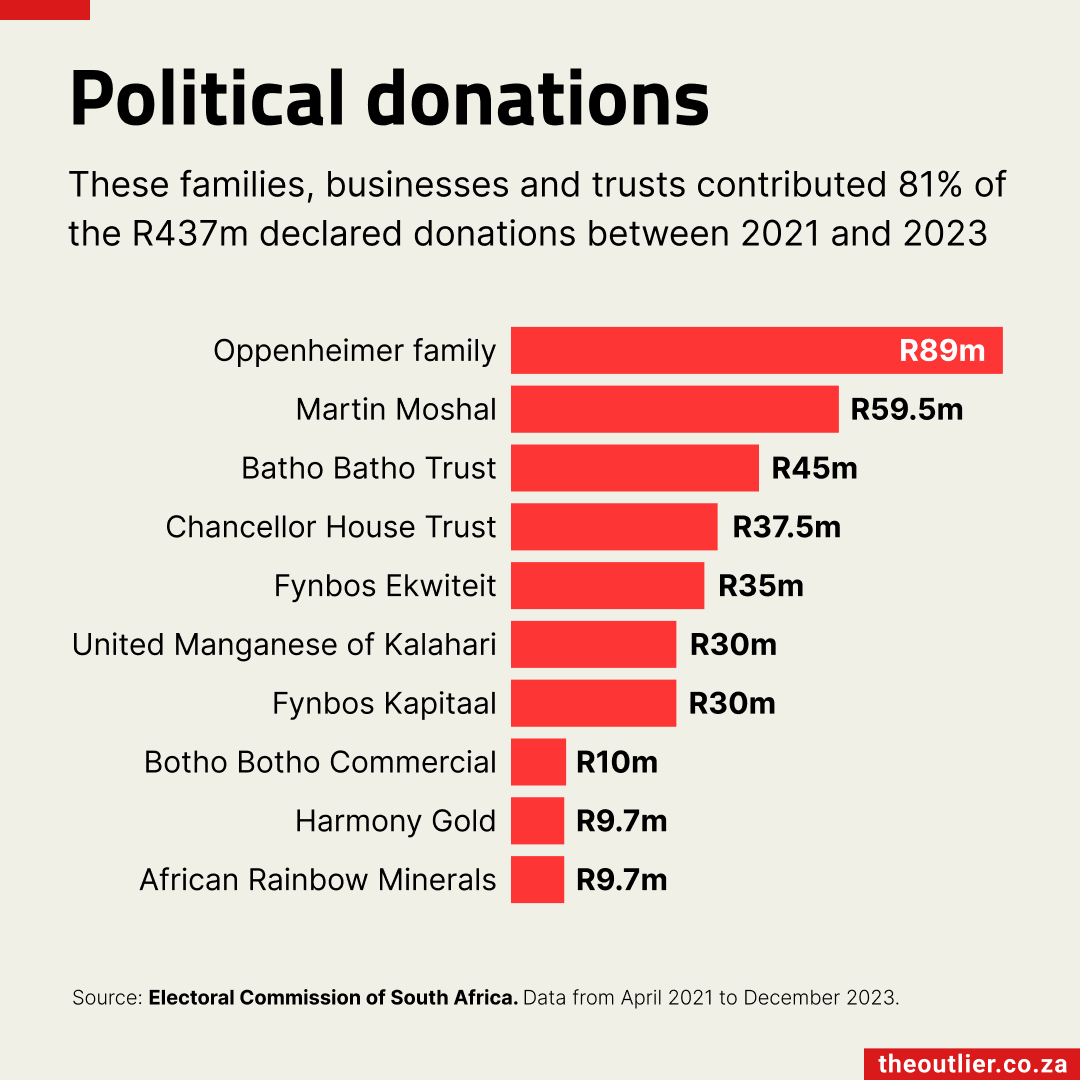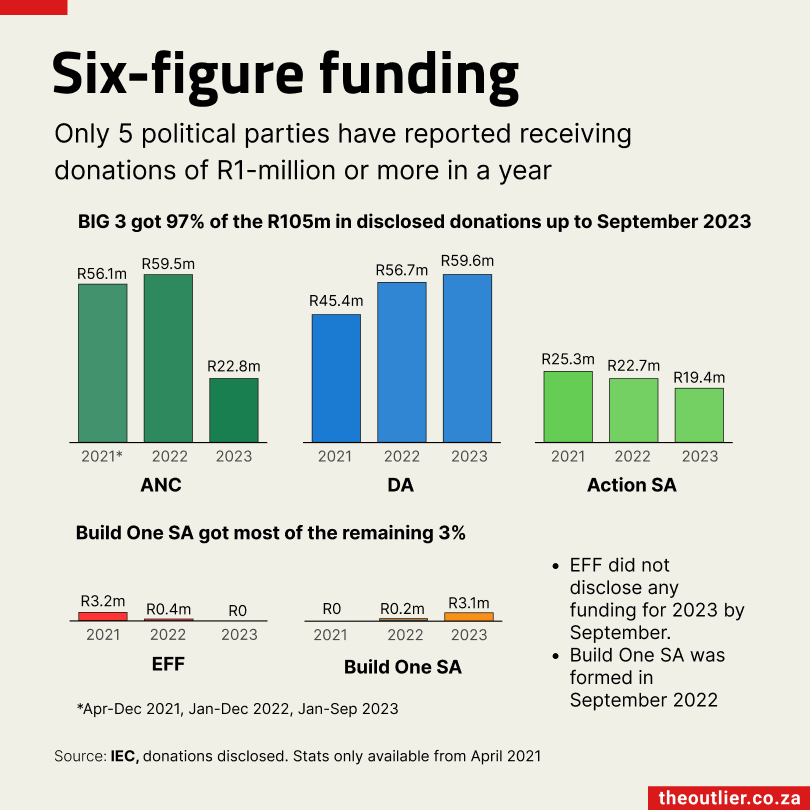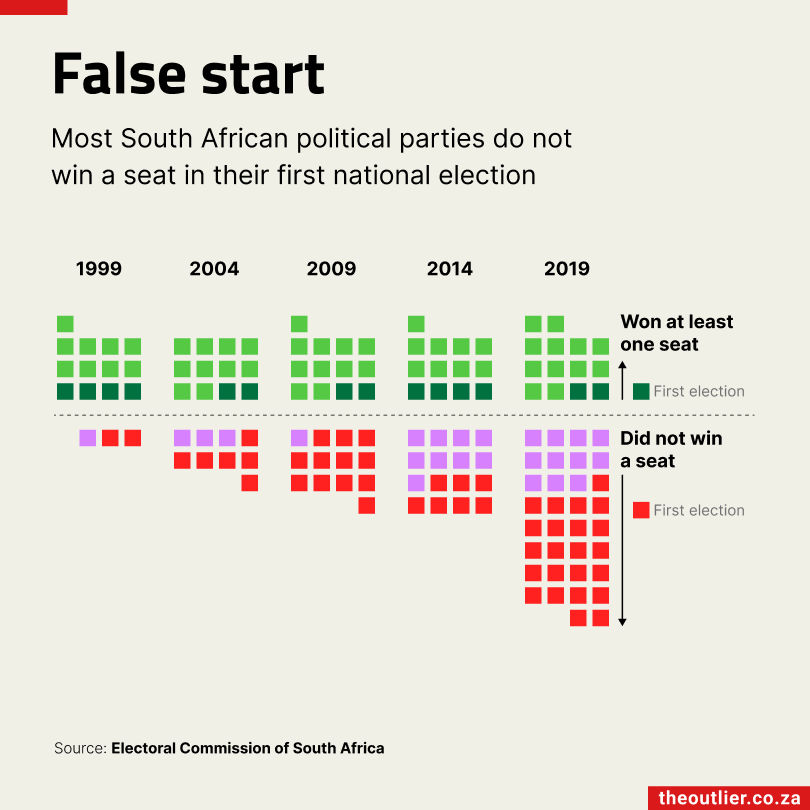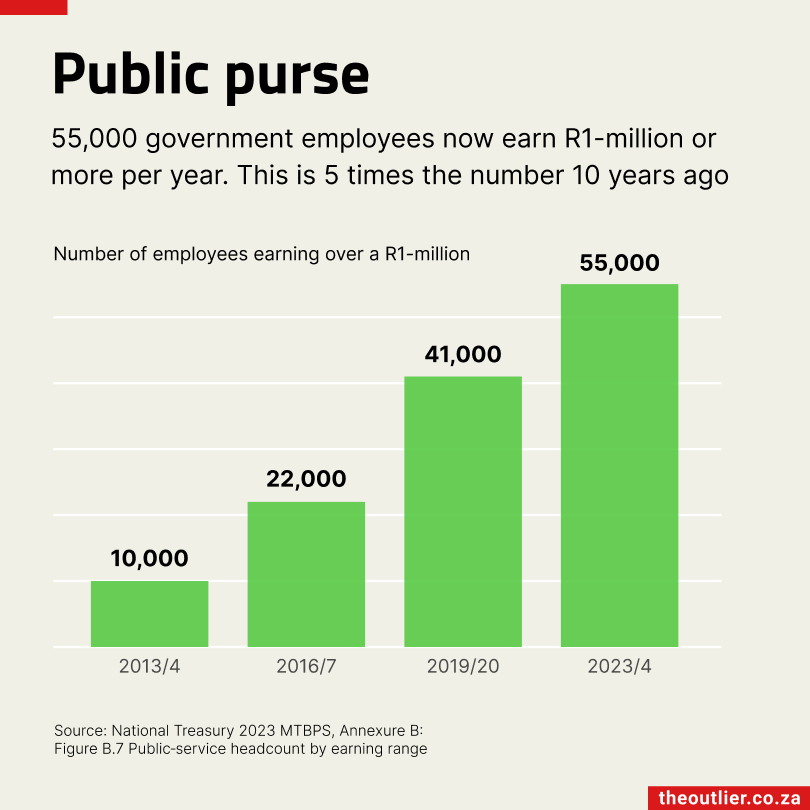What we can learn about municipal elections from the one held in 2016
There were 178 by-elections held since the elections in which 79 council seats changed hands.
“Study the past if you would divine the future,” read a Confucius quote in a meme I recently saw on social media.
So, what can we learn from the 2016 municipal election that may be useful to make sense of the one on 1 November?
This election is about voting for people to sit on municipal councils. Those people will pass budgets, approve policies and by-laws and make decisions about service delivery and development plans. They will also elect the mayor.
We summarised what we found in the table below.
Coalitions
Political commentators appear to be expecting more coalitions after the 1 November election. In 2016, the ANC won the majority of seats in 164 local and metro municipalities, or 77% of them. The Democratic Alliance had the majority of seats in 17 municipalities (8%) and the Inkatha Freedom Party in six (3%). Twenty-six municipalities were run by coalitions.
Not the usual candidates
There were just over 8,600 council seats up for grabs in 2016: 60% of them went to ANC candidates, 20% went to DA candidates, 9% went to EFF candidates and 5% went to IFP candidates. Together those four parties won 94% of the council seats.
The remaining 6% were shared between candidates from 86 other parties. Only six of those parties won more than 20 council seats: Freedom Front Plus (67 seats), United Democratic Movement (59 seats), African Independent Congress (55 seats), Congress of the People (45 seats), Forum 4 Service Delivery (27 seats) and African Christian Democratic Party (22 seats). Independent candidates won 29 seats.
Shifting seats
After the 2016 elections, 178 municipal by-elections were held, during which 79 council seats changed hands, and a few of the coalitions changed as partners shifted allegiance or left one party for another.
In by-elections, the ANC lost 35 seats and the DA lost 34 seats.
The ANC managed to win 24 council seats off of the DA, nine of which were in the Western Cape.

But the ANC also lost seats to the IFP (12 seats), to independent candidates (15), the DA (4), the EFF (2), the National Freedom Party (1) and the Land Party (1).
The DA also lost council seats to smaller parties such as the Freedom Front Plus (4), the Patriotic Alliance (3), Al Jama-ah (1), GOOD (1) and the United Front of Civics (1).
The GOOD and Land parties never contested the 2016 local elections as the parties only formed in 2018.
It’ll be interesting to see if the pundits are right. Will people choose to vote for independent candidates and smaller parties in the hope they will keep the four big parties on their toes. Or will people just not bother this time.
We made a spreadsheet of all the local and metro municipalities and all the parties that won seats in 2016. You can view it here.

